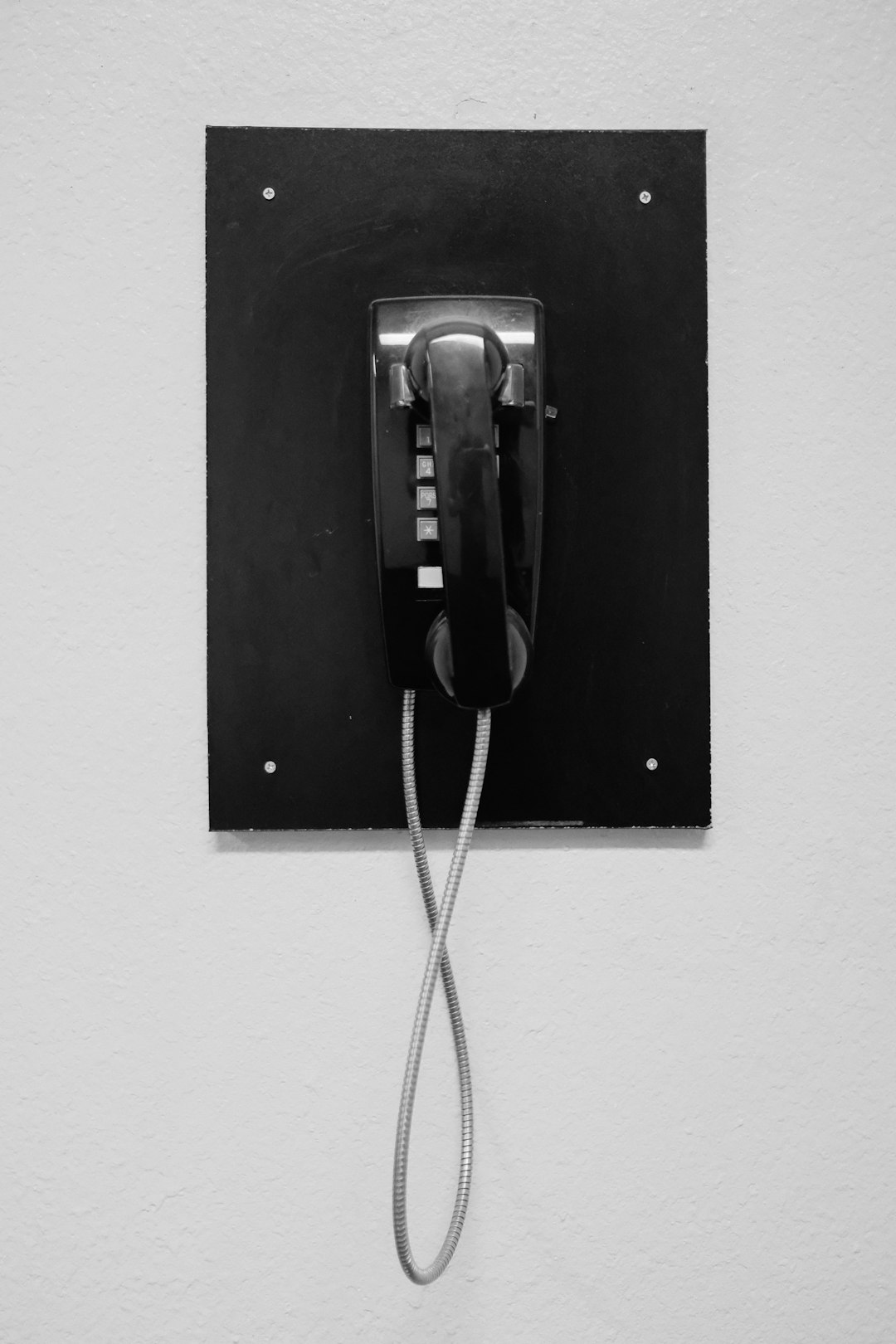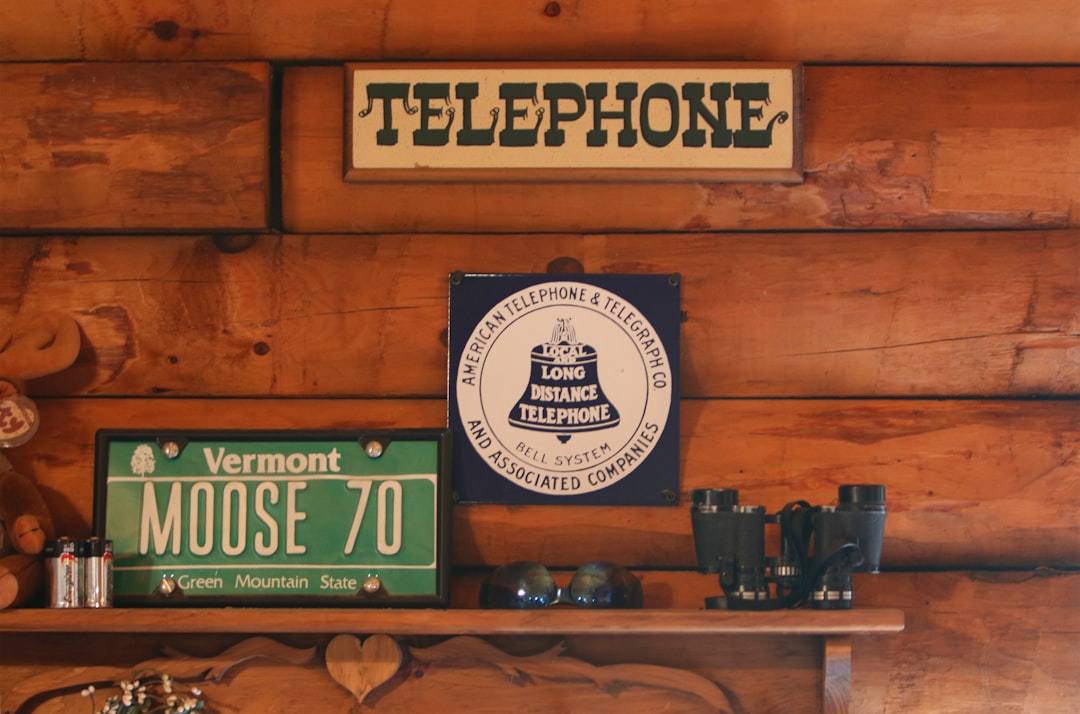Robocalls in Montana have become a pervasive issue, driven by telemarketing scams and fraud. Montanans can combat this by utilizing the state's strong Do Not Call laws and registering their numbers on the official registry. This empowers residents to control communication preferences, reducing unwanted automated calls from law firms. Educational initiatives, call-blocking apps, and collaboration with telecom carriers are also vital in mitigating robocalls. By strengthening Do Not Call lists and imposing stricter penalties, Montana can create a robust defense against these intrusive marketing calls.
Montana residents, like many across the nation, face an increasing challenge from robocalls. These automated calls, often unsolicited and disruptive, can have significant impacts on individuals’ daily lives. This article explores tailored solutions for Montana’s unique robocall landscape. We delve into the state’s legal frameworks, including Do Not Call laws, and uncover strategies to combat these intrusions. Additionally, we examine the role of telecom carriers in mitigation efforts and highlight innovative approaches towards a ‘robocall-free’ Montana. Discover expert insights tailored to protect Montanans from unwanted calls.
Understanding Robocalls and Their Impact in Montana

Robocalls, automated phone calls often delivering recorded messages, have become a ubiquitous yet unwanted nuisance across Montana and beyond. While they can be used for legitimate purposes like political updates or appointment reminders, robocalls are frequently associated with telemarketing, scams, and fraud—an issue that has prompted many Montanan residents to place restrictions on their phones. The Do Not Call law firms in Montana offer a glimmer of hope, providing a way for citizens to opt-out of these unwanted calls, specifically from telemarketers.
These automated calls can have a significant impact on individuals and communities. They disrupt personal time, cause distress, and sometimes even lead to financial loss due to deceptive practices. In response, Montana has implemented measures like the Do Not Call registry, allowing residents to register their phone numbers to reduce the volume of unsolicited calls they receive. This initiative is a step towards reclaiming control over communication preferences in the digital age.
Legal Frameworks: Do Not Call Laws in Montana

In Montana, the fight against robocalls is supported by robust legal frameworks designed to protect residents from unsolicited phone calls. The state’s Do Not Call laws offer a significant line of defense against intrusive automated telephony, including robocallers targeting both residential and business lines. These regulations are in place to ensure Montanans can enjoy peace of mind, free from unwanted marketing or informational calls.
The Montana Do Not Call law is enforced by the Attorney General’s office, which maintains a comprehensive registry of numbers registered for exclusion from automated call campaigns. This registry is a powerful tool in mitigating robocalls, as it allows individuals to opt-out of receiving calls from specific sources, including law firms and other businesses known for aggressive telemarketing practices. By adhering to these legal frameworks, Montana residents can take an active step towards curbing the volume of unwanted phone calls they receive.
Strategies to Combat Robocalls Specifically Targeting Montanans

To combat robocalls targeting Montanans, individuals and communities can employ several strategies. One effective method is to register on the National Do Not Call Registry, which helps restrict marketing calls from various sources, including law firms. Additionally, Montana residents can use call-blocking apps or devices specifically designed to identify and block unwanted calls, ensuring a quieter phone line.
Community efforts, such as local initiatives to educate citizens about robocall scams and awareness campaigns, can also make a significant difference. Encouraging neighbors to share information and report suspicious calls can create a robust defense against these persistent intruders. Moreover, staying informed about the latest robocall trends and technologies will empower Montanans to adapt their defenses accordingly.
The Role of Telecom Carriers in Robocall Mitigation

Telecom carriers play a pivotal role in mitigating robocalls, especially in states like Montana where consumer protection laws are strictly enforced. These carriers have access to advanced call screening and blocking technologies that can identify and filter out unwanted calls, including those from law firms, before they reach a customer’s phone. By implementing robust Do Not Call lists and utilizing dynamic number blocking, telecom providers can significantly reduce the volume of robocalls received by Montana residents.
In addition, many carriers offer specific tools tailored to combat robocalls, such as call authentication protocols (like STIR/SHIM) that verify the identity of the caller. They also collaborate with regulatory bodies and industry peers to share intelligence on emerging robocall trends and tactics, ensuring a proactive approach to protect consumers. This collective effort not only helps in enforcing the Do Not Call law firms Montana regulations but also keeps pace with evolving methods used by unscrupulous callers.
Innovative Solutions for a Robocall-Free Montana

Montana residents are fed up with robocalls, especially those from law firms. To combat this nuisance, innovative solutions are emerging. One promising approach is leveraging advanced caller ID systems that can identify and block unknown numbers, ensuring a robocall-free environment. State regulations, such as strengthening the Do Not Call lists and implementing stricter penalties for violators, play a crucial role in making these solutions effective.
By combining technology and stringent policies, Montana can create a robust defense against robocalls. This includes educating citizens on how to register for Do Not Call protection and using specialized software that filters out unwanted calls. With these measures, the state can offer its residents a quieter, more peaceful communication experience, free from relentless robocalls, especially those from law firms.






